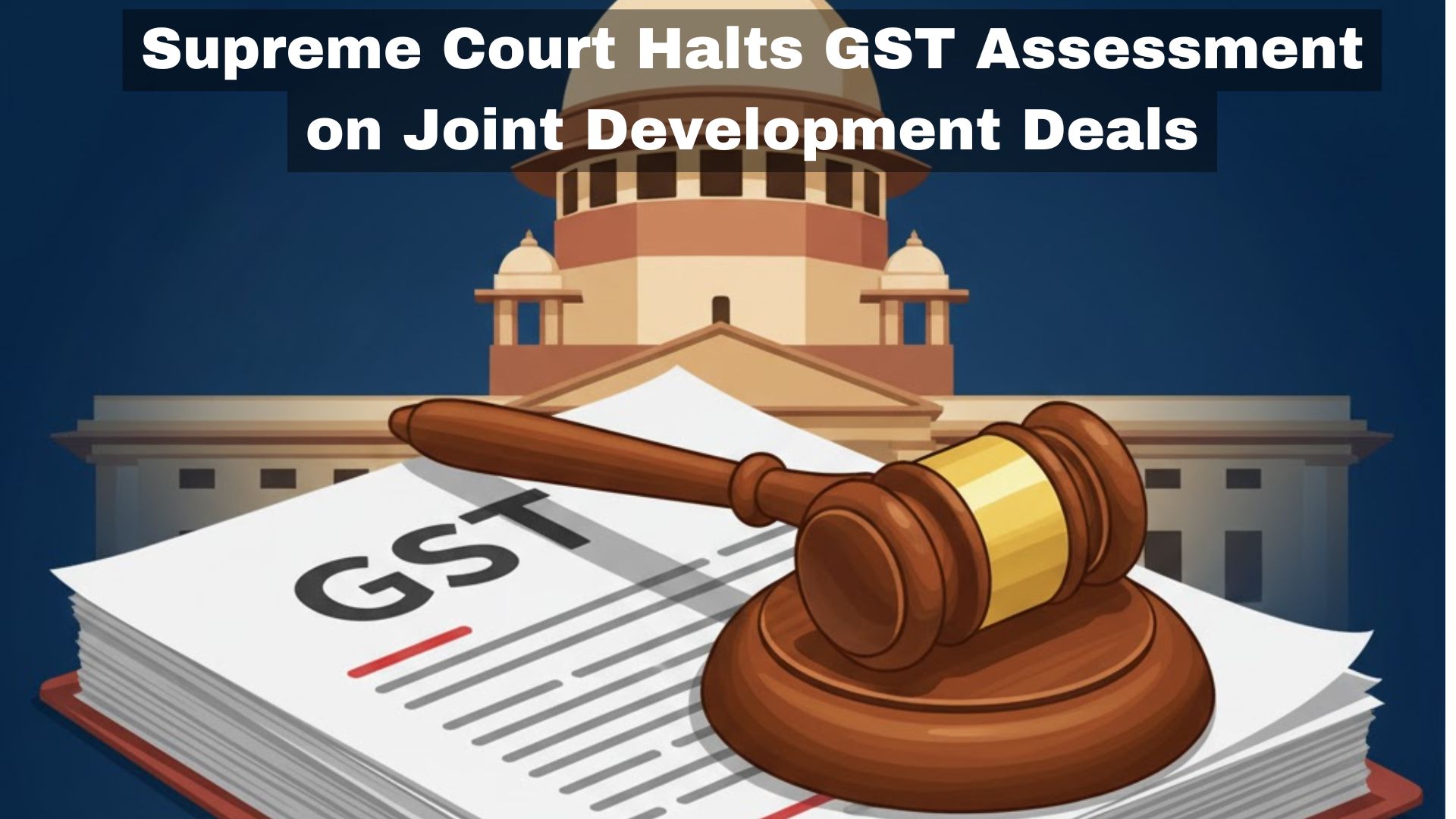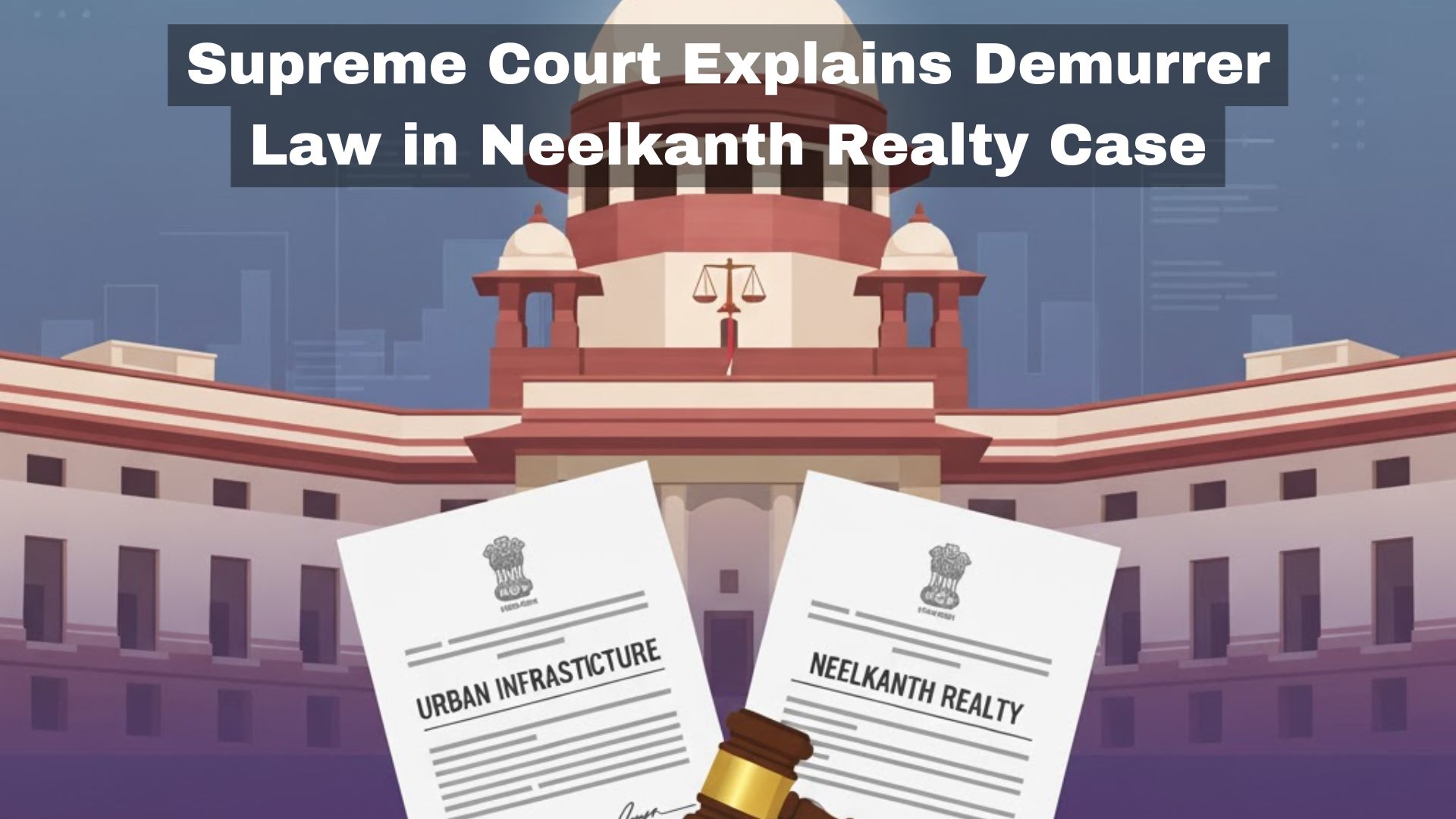John Beaumont, Kt., C.J.@mdashThese are two applications to the Court to grant a certificate u/s 205 of the Government of India Act, 1935,
certifying that the case involves a substantial question of law as to the interpretation of the Act. When the matter first came before this Court, we
directed notice to issue to the accused, because it appeared to us that the question involved was not free from difficulty.
2. The question arises in this way. In April, 1940, a full bench of this Court (1932) L.R.60 IndAp 76 held that a Notification issued by the
Government of Bombay on July 17, 1939, under the Bombay Abkari Act, 1878, was invalid. Subsequently, the Government of Bombay passed
an Act amending the Bombay Abkari Act, the effect of which was intended to be to revive the Notification of July 17, 1939. After the passing of
the Amendment Act, the accused in the present case, that is to say, the respondent on these applications, was prosecuted for infringing the
notification in question, and the learned Magistrate, before whom the case came, referred two questions for the opinion of this Court u/s 432 of the
Criminal Procedure Code. The first question did involve a point of law arising under the Government of India Act. The second question dealt with
the validity of the notification in question, apart altogether from the provisions of the Government of India Act. On July 1, 1940, this present bench
heard the reference, and held that the first question did not arise, and that the only question which did arise was as to the validity of the notification,
though we recognized that the validity of the notification might depend upon the validity of the Act under which it was passed. The Court held that
the notification had not been effectively revived, and that there was not in existence any effective notification under the Bombay Abkari Act
prohibiting the possession of intoxicants by persons generally in the City of Bombay, and answered the second question raised in that sense. With
that answer the Court remitted the matter to the learned Magistrate. He, in conformity with the view of the: law expressed by this Court, acquitted
the accused. Government then appealed against the acquittal, and the appeal was summarily dismissed by a bench of this Court.
3. It is necessary to notice that, although this Court only decided the second question raised by the learned Magistrate, which did not involve any
point of law arising under the Government of India Act, the Court did indicate an opinion as to what the position would have been under the
Government of India Act, if the notification had been valid. We adopted that course, not because we had any doubt as to the correctness of our
decision under the Bombay Abkari Act, but because we were anxious as far as possible to indicate to Government pitfalls which might be
anticipated if they again revived the notification in question, or issued a fresh notification in the same terms. We were anxious, having twice held
Government''s efforts to enforce their prohibition policy to be invalid, to avoid being called upon to do the same thing on a third occasion.
Therefore, we thought it right to indicate our view to Government, and the learned Advocate General invited us to adopt that course. But we made
it perfectly clear in the judgment that the views we were expressing on the question arising under the Government of India Act were merely obiter.
It is, of course, clear that no appeal lies against a mere expression of opinion by a Court; an appeal lies only against an order of the Court, and not
against the reasons on which the order is founded.
4. u/s 205 of the Government of India Act an appeal lies to the Federal Court from any judgment, decree or final order of a High Court in British
India. Those words are not particularly apt to describe an acquittal or a conviction by a criminal Court, but the Federal Court has held that under
the section an appeal lies against a conviction or an acquittal, and by that decision we are bound.
5. The first question, which arises, is what is the final order against which Government claim the right to appeal? In; our opinion, it is perfectly plain
that the order made by the full bench of this Court, merely answering a question raised by the learned Magistrate, and expressing an opinion on a
question of law, is not a final order. That exact point has been decided by a bench of the Calcutta High Court in Emperor v. Hemendra Prasad
Ghosh [1939] 2 Cal. 411 and we have no hesitation in following that case. The only final order, which has been made, is the order of this Court
dismissing the appeal against the order of acquittal passed by the learned Magistrate, and that order of dismissal does not involve: directly any
question under the Government of India Act. However, the actual wording of Section 205 of the Government of India Act is:
An appeal shall lie to the Federal Court from any judgment, decree or final order of a High Court in British India, if the High Court certifies that the
case involves a substantial question of law as to the interpretation of this Act or any Order in Council made thereunder.
6. The crucial words are ""case involves""; not, on the one hand, ""judgment decides"", nor, on the other hand, ""case may involve"". The question to be
decided is whether this case involves a substantial question of law as to the interpretation of the Act, when the actual decision does not determine
any such question, but, in certain events, such a question might arise in the Federal Court.
7. It was held in a recent case in the Privy Council, Punjab Co-operative Bank, Ltd. v. Income Tax Commissioner, Lahore (1940) 43 Bom. L.R.
372 P.C., that a High Court in British India is bound either to give or withhold a certificate u/s 205, if there is a reasonable possibility of a point of
law under the Government of India Act arising. But the Privy Council did not indicate how great a degree of probability of the point arising must
exist to justify the grant of a certificate. The mere possibility of some such question of law arising in a remote contingency cannot be enough to
justify the granting of a certificate. It is to be noticed in this case that we are dealing with a criminal matter in which there is no right of appeal from a
High Court, except as given by Section 205, and moreover that Government is seeking to exercise a right of second appeal against acquittal. It is a
strong thing, when a man has been acquitted already by two Courts, to give leave to appeal against his acquittal to a third Court, and we must find
a clear indication in tile statute that it is our duty to give such leave. There are two contingencies, the happening of either of which would prevent
any question of law under the Government of India Act from arising. The first contingency is that the Federal Court may agree with the view which
this Court took under the Bombay Abkari Act as to the invalidity of the Notification of July, 1939. The second contingency is that the Federal
Court may refuse to give leave for that point to be raised. That second contingency arises on the words of Sub-section (2) of Section 205, which
provides:
Where such a certificate is given, any party in the case may appeal to the Federal Court on the ground that any such question as aforesaid has been
wrongly decided, and on any ground on which that party could have appealed without special leave to His Majesty in Council if no such certificate
had been given.
That last sentence does not apply to an appeal in a criminal matter, because there is no right of appeal without special leave to His Majesty in
Council. Then the sub-section goes on: ""and, with the leave of the Federal Court, on any other ground."" So that, if we grant a certificate,
Government can only appeal, on the ground that the question under the Bombay Abkari Act was wrongly decided, with the leave of the Federal
Court, and until they have obtained such leave and succeeded on such ground of appeal, no question of law under the Government of India Act
can arise. The wording of the subsection seems to indicate that the legislature did not contemplate an appeal against a decision not based on a
point of law arising under the Government of India Act. It seems to us impossible to assume that the Federal Court will give such leave and thereby
enable the Government of Bombay to prosecute a second appeal against the acquittal of an accused person, merely in order to raise a question
under the Government of India Act, which has not up to now been decided. That seems to us too remote a contingency. In our opinion, therefore,
it cannot be said that any question of law under the Government of India Act is involved in the present case.
8. We, therefore, refuse the certificate. Rule in both applications discharged.

